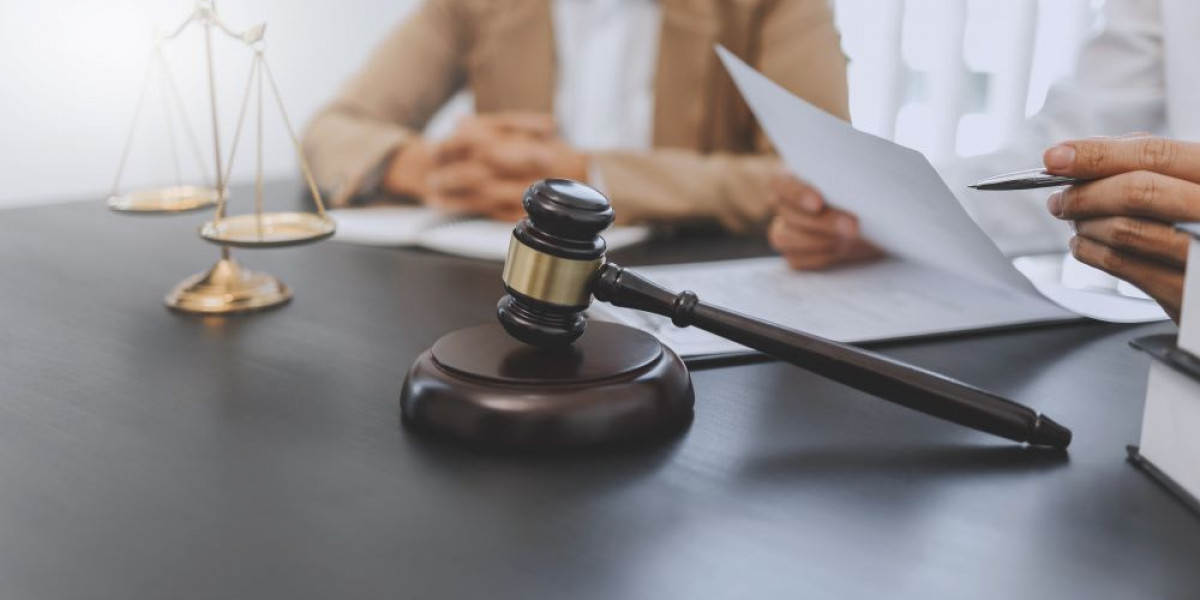Driving While Intoxicated (DWI) charges can be stressful, confusing, and life-changing. If you're facing this kind of legal trouble, it's important to understand that you still have rights—and more importantly, you have options. Many people assume a DWI automatically means a conviction, but that’s not always the case.
With the right defense strategy and legal support, it’s possible to challenge the charges or even have them reduced or dismissed. This blog walks you through practical DWI defense strategies and how to protect your rights during the process. Whether it’s your first time dealing with the legal system or not, being informed can make a huge difference in your outcome. Let’s explore how you can better understand and navigate a DWI case.
Understand the Charges and Your Rights
The first step in building a strong DWI defense is understanding the charges against you. A DWI charge typically means you're accused of operating a vehicle with a blood alcohol concentration (BAC) of 0.08% or higher. However, in some states, you can still be charged if you're showing signs of impairment even with a lower BAC. Knowing the exact nature of the allegations—whether it involves alcohol, drugs, or both—can help determine how to approach your case.
Also, remember that you have the right to remain silent and the right to legal representation. These rights protect you from incriminating yourself and ensure you’re not navigating the process alone. If you're stopped or arrested, politely decline to answer questions without a lawyer present. Don't argue or resist, but do make note of everything that happens during the encounter. These details could become important later. The more informed you are, the more confident you’ll feel moving forward.
Question the Legality of the Traffic Stop
Not every traffic stop is legal, and if an officer lacked reasonable suspicion to pull you over, that could be grounds for dismissing your case. Law enforcement must have a valid reason—such as swerving, speeding, or running a red light—before stopping your vehicle. If your attorney can prove that the officer didn’t have a proper cause, any evidence gathered afterward may be thrown out. This includes field sobriety tests, breathalyzer results, or admissions made during questioning.
DWI cases fall apart when the stop itself is found to be unlawful. A detailed review of dashcam footage, police reports, and officer testimony can reveal whether your rights were violated at the very beginning. Keep in mind that challenging the stop doesn’t guarantee dismissal, but it can significantly weaken the prosecution’s case. This strategy is often the starting point in any solid defense.
Examine the Accuracy of the Testing Methods
Breathalyzer and blood tests are not always as reliable as they seem. Machines can malfunction, be improperly calibrated, or be operated by someone without proper training. Likewise, the conditions under which the tests were performed—such as timing, your medical condition, or even diet—can impact the results. If you took a field sobriety test, those are subjective and open to interpretation. Fatigue, anxiety, or even flat feet could cause someone to “fail” the test without being impaired.
A good defense lawyer will look into how the tests were administered and whether any errors occurred. Challenging the reliability of the evidence is a powerful tactic in a DWI defense. If the results are deemed inadmissible or inaccurate, the case against you weakens considerably. This is where expert testimony often comes into play, giving the court a clearer understanding of the flaws in testing.
Consider Alternative Explanations for Impairment
Sometimes, what appears to be intoxication can actually be caused by other factors. Medical conditions, side effects from prescription medication, or even low blood sugar can mimic the signs of impairment. For example, someone with diabetes may appear confused or have a fruity-smelling breath, which could be misinterpreted as alcohol use. Allergies, anxiety, or exhaustion can also cause slurred speech or unsteady movement.
If you have a legitimate explanation for your behavior during the arrest, it’s important to share that information with your attorney. They can help gather the appropriate medical records and expert opinions to support your defense. This approach doesn’t deny that something was off—it simply offers a more accurate reason why. When the court sees that there's a credible explanation for your condition, it can cast reasonable doubt on the prosecution’s claims.
Work with an Experienced DWI Lawyer
While it’s possible to research DWI laws and defense strategies on your own, nothing compares to having an experienced attorney by your side. They know the ins and outs of local laws, court procedures, and negotiation tactics. A skilled DWI lawyer can help you identify the best defense approach based on the unique facts of your case. They can also handle conversations with the prosecution, file necessary motions, and advocate for reduced charges or penalties.
If you're unsure where to turn, many firms like Landon Miller Law have handled cases involving DWI and can provide the legal support needed to navigate this difficult situation. Most of these firms and professionals understand how to protect your rights, and seeking guidance early from them can make a significant difference in the outcome of your case.
Final Thoughts: Protecting Your Future
Facing a DWI charge can feel overwhelming, but it's not the end of the road. By learning your rights, questioning every part of the process, and working with a knowledgeable legal professional, you give yourself the best chance at a fair outcome. Whether the goal is to reduce penalties, keep your license, or clear your name entirely, there are strategies worth exploring. Stay calm, keep detailed records, and don’t face it alone. Your future matters, and with the right steps, you can protect it.










